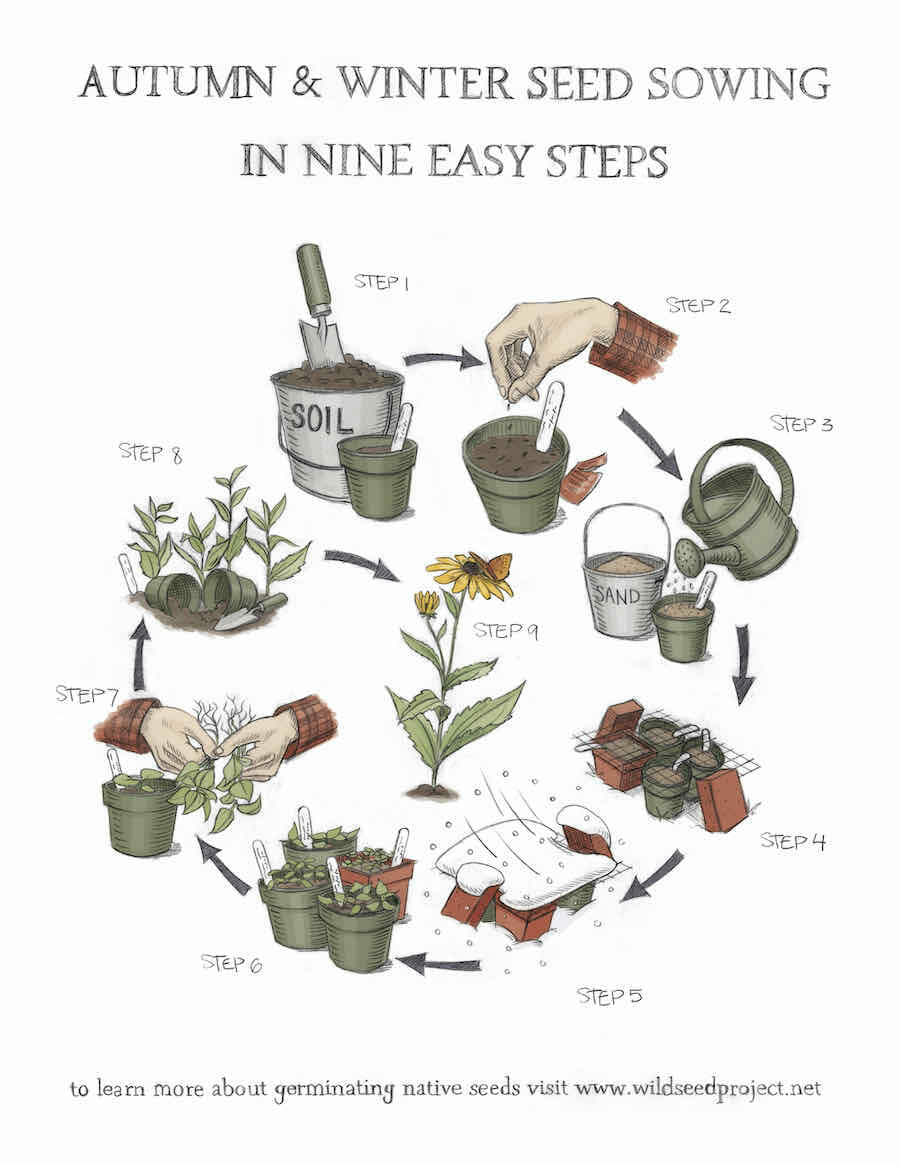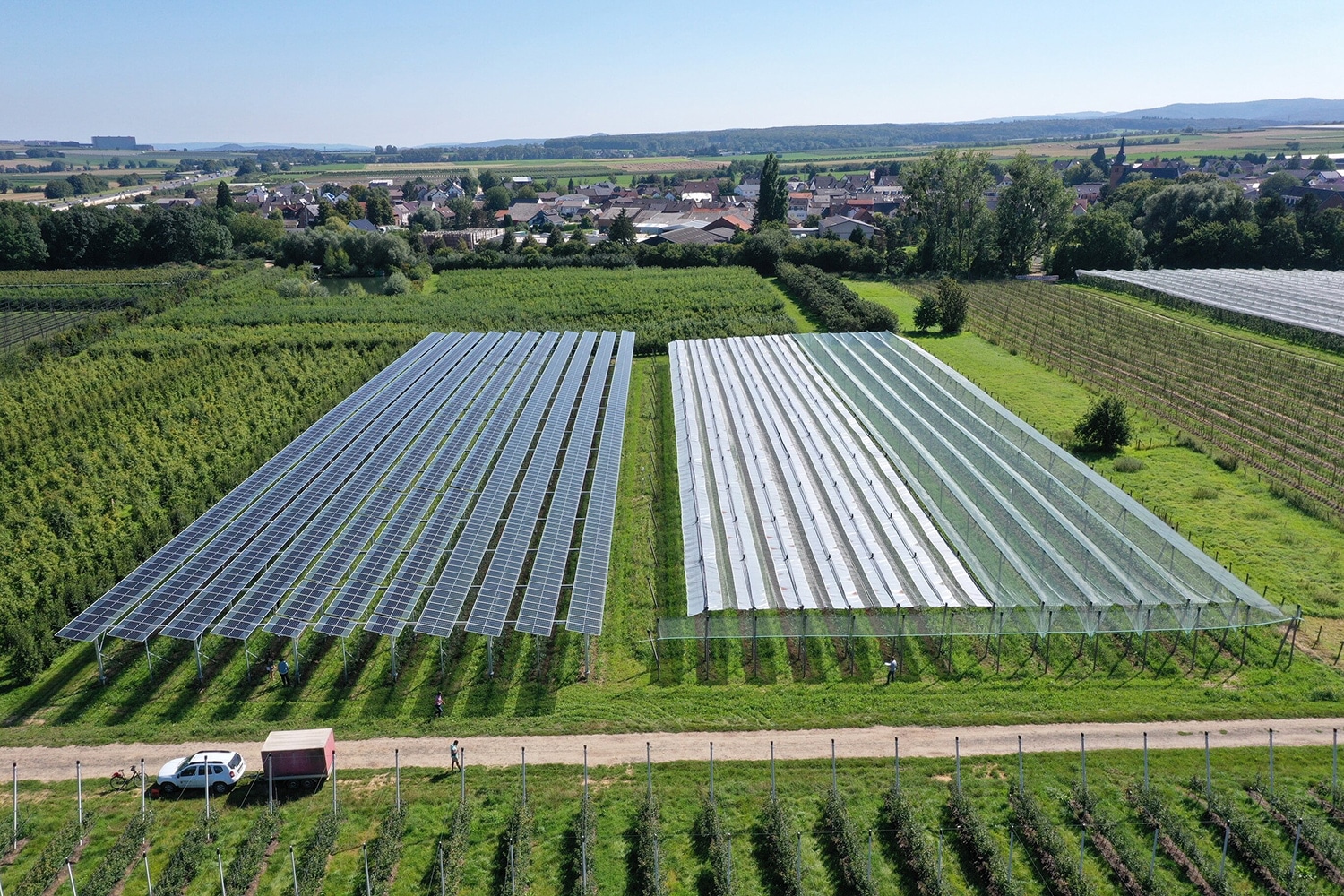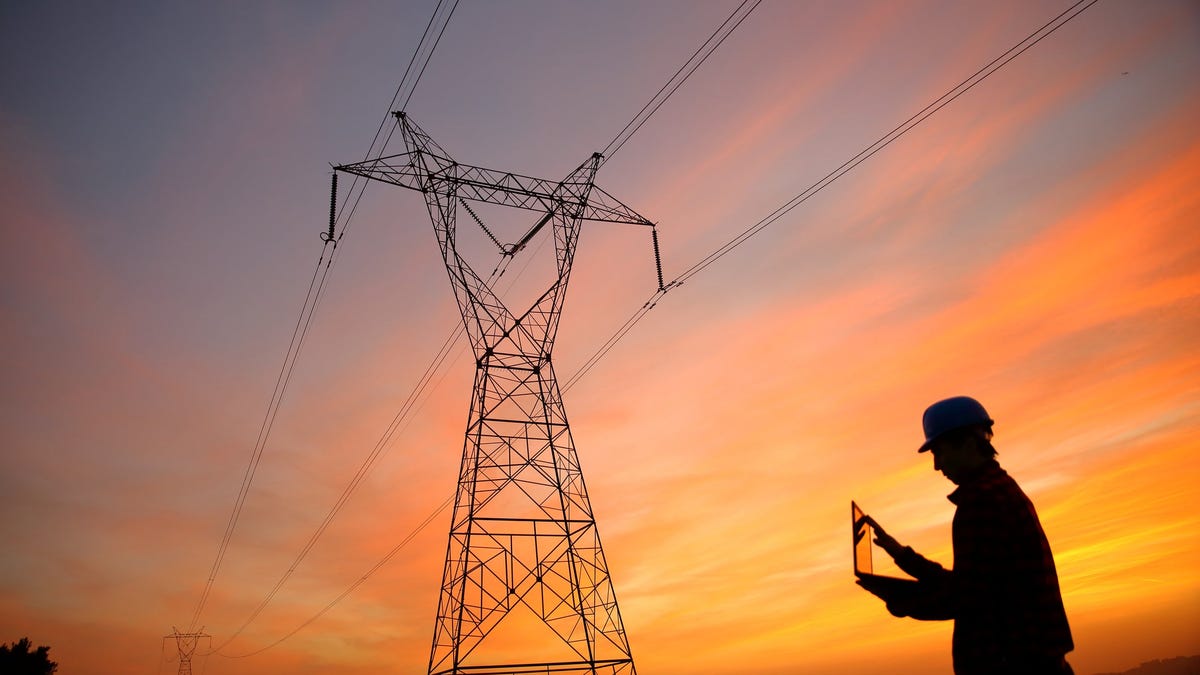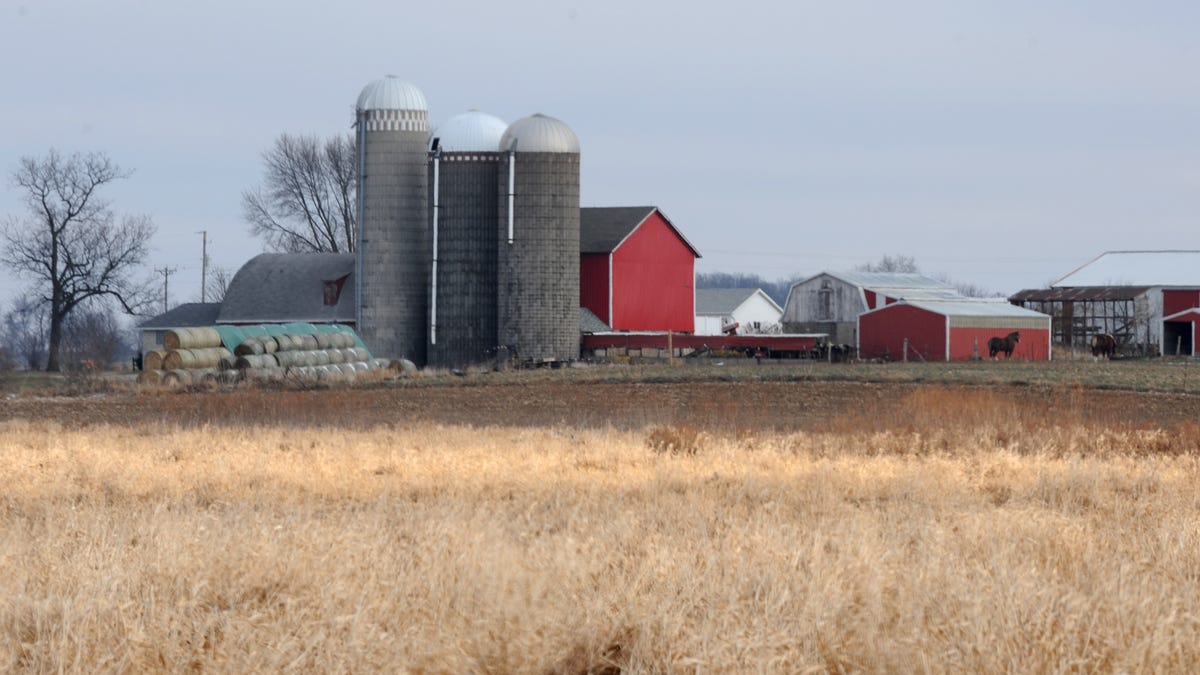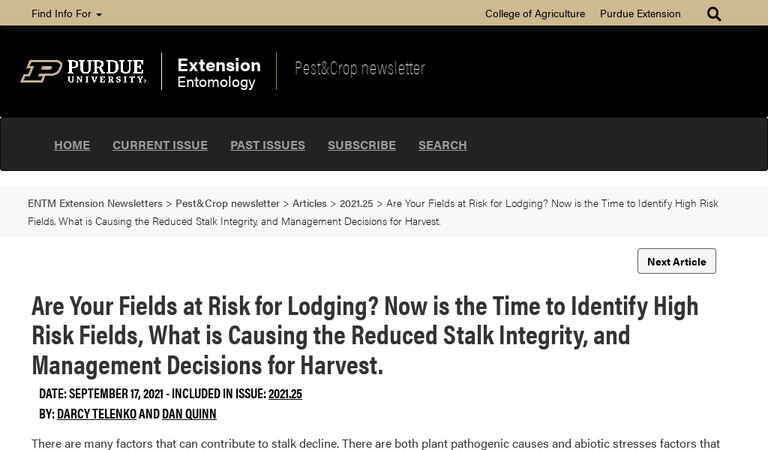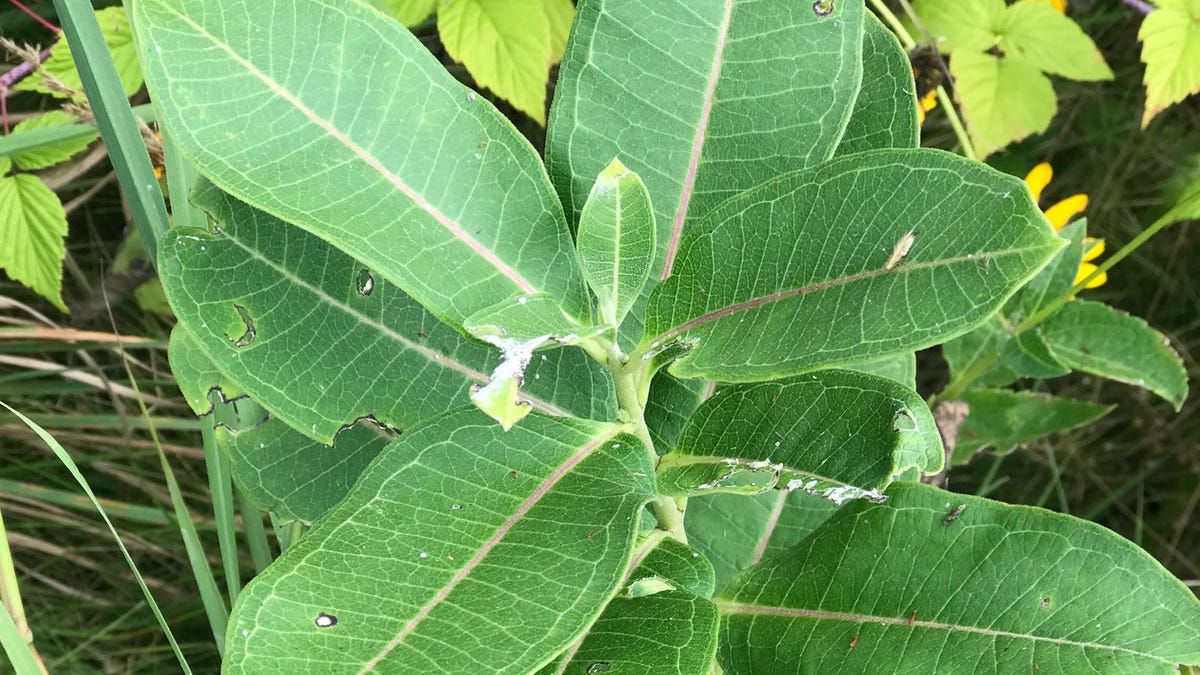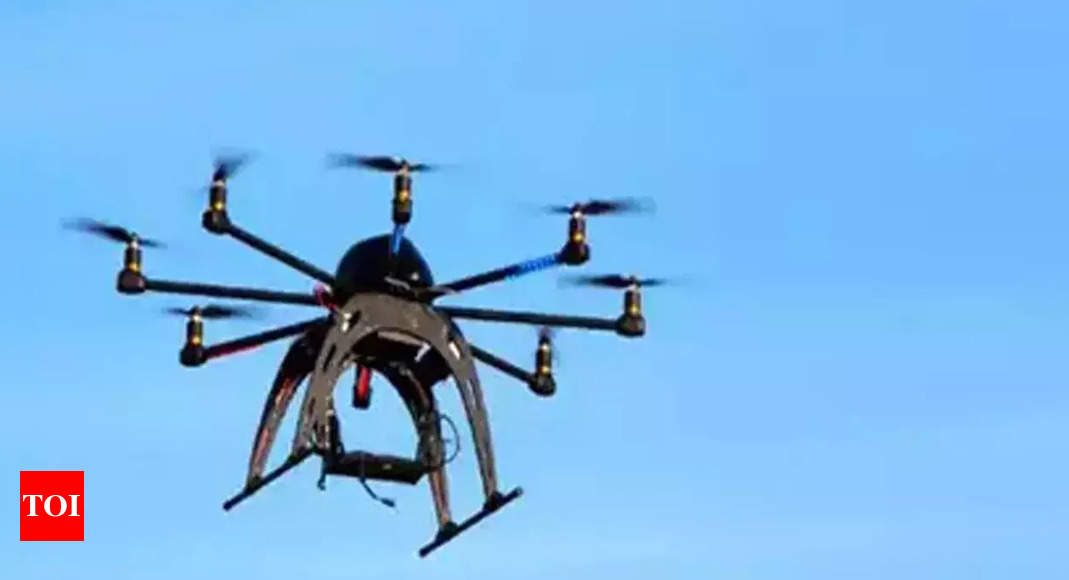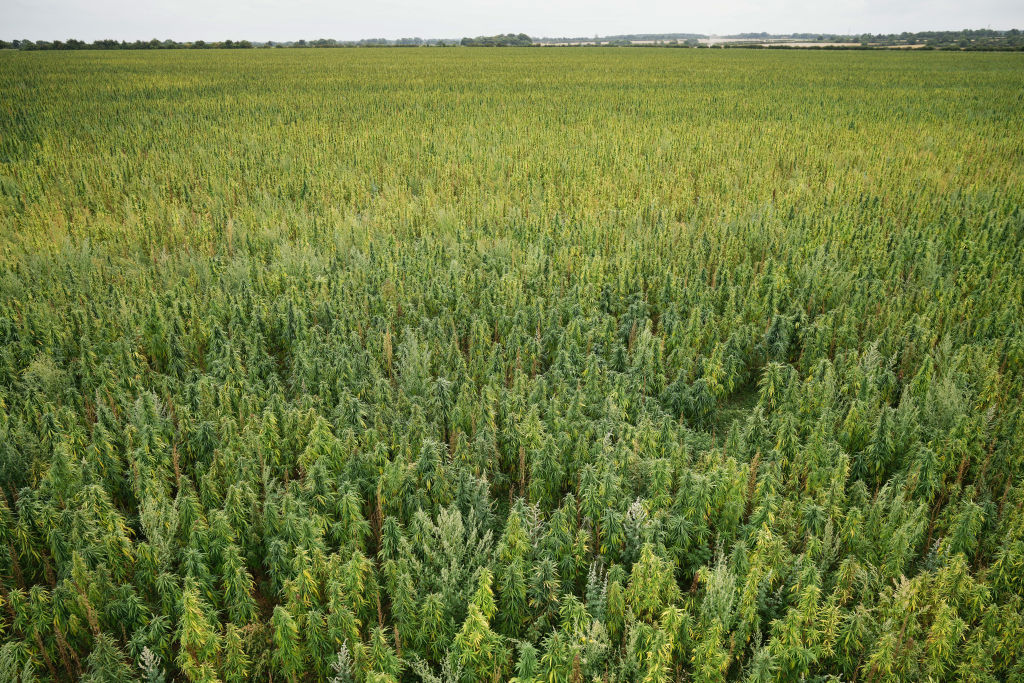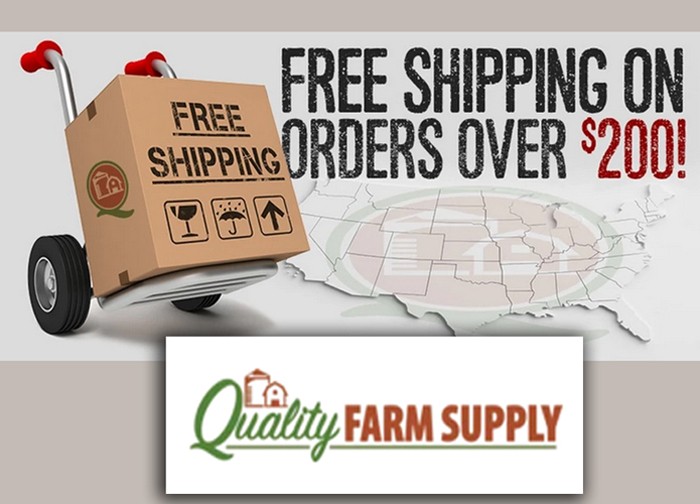 John LaRose Jr.
John LaRose Jr.
Topics: Soil Health, Agriculture US, Organic, Gardening, Urban Farming,
winter sowing of native plants, with heather mccargo of wild seed project
TIME FOR A LESSON in winter sowing—sowing seeds in fall and early winter outside in a protected spot, a sort of easy DIY home nursery
-
(0)
-
Bookmark
- Comments (0)
 John LaRose Jr.
John LaRose Jr.
Topics: Commodities, Economics, Sustainability, Government / Policies, Ag Africa,
NDA explores investment opportunities with South African Agribusinesses - Ghanamma.com
Board Chairman of the NDA, Dr. Sulemana Abdulai The Northern Development Authority (NDA) in its efforts to improve upon the agricultural gains in Northern Ghana is exploring investment opportunities with South African-based Agribusinesses in the Savannah ecological zone. The Authority on Thursday, September 16th, 2021 facilitated a meeting between Agri-businesses in Northern Ghana and their […]
-
(0)
-
Bookmark
- Comments (0)
 John LaRose Jr.
John LaRose Jr.
Topics: Agriculture Global, Economics, Renewable Energy (Solar/Wind),
First agrivoltaic research facility for carbon-neutral orcharding in Germany
The agrivoltaic systems can provide plant protection against harmful environmental influences.
-
(0)
-
Bookmark
- Comments (0)
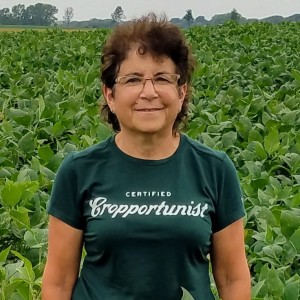 Nancy Kavazanjian
Nancy Kavazanjian
Topics: Agriculture US, Safety (Farm/Production),
-
(0)
-
Bookmark
- Comments (0)
 John LaRose Jr.
John LaRose Jr.
Topics: Dairy, Agriculture US, Economics, Government / Policies,
Farmers upset over missed DMC payment for July
Farmers perturbed that a program that is supposed to serve as a safety net is letting so many farmers down at the moment.
-
(0)
-
Bookmark
- Comments (0)
-
(0)
-
Bookmark
- Comments (0)
 Nancy Kavazanjian
Nancy Kavazanjian
Topics: Corn/Maize, Agriculture US,
Are Your Fields at Risk for Lodging? Now is the Time to Identify High Risk Fields, What is Causing the Reduced Stalk Integrity, and Management Decisions for Harvest.
There are many factors that can contribute to stalk decline. There are both plant pathogenic causes and abiotic stresses factors that can play a role in reduced stalk integrity, such as drought and flooding. Either way, as stalk tissue becomes compromised below the main ear the stalk may become brit
-
(0)
-
Bookmark
- Comments (0)
 John LaRose Jr.
John LaRose Jr.
Topics: Weeds, Agriculture US, Beekeeping, Pollinators,
10 'weeds' that are really pollinator and animal friendly native Wisconsin plants
What's good for a butterfly isn't often a favorite of a farmer or gardener. Some plants with weedy reputations do have biological value.
-
(0)
-
Bookmark
- Comments (0)
 Andrew Chronister
Andrew Chronister
Topics: Drones UAV,
Drones to help Meerut farmers spray crops, cut risk of exposure to toxic pesticide | Meerut News - Times of India
A group of farmers at Ditauli village watched with keen interest as a huge flying machine took off. It lifted a 10-litre tank of pesticide and sprayed
-
(0)
-
Bookmark
- Comments (0)
-
(0)
-
Bookmark
- Comments (0)


